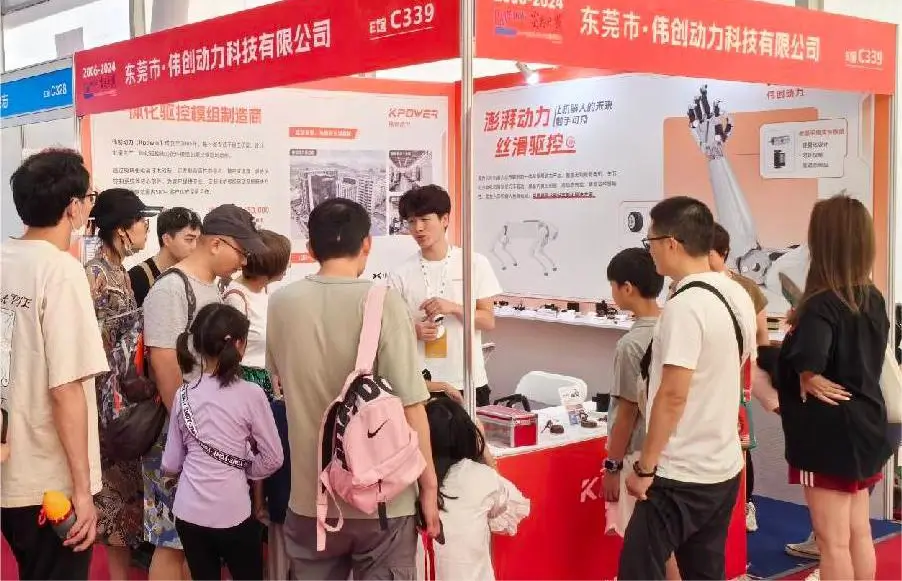Ever been in a situation where you’re sitting down, trying to prepare for a big interview, and suddenly the topic of microservices pops up? It’s a buzzword everywhere, but do you really get what makes it tick? And more importantly, how can you nail those tricky questions that come your way? That’s where a solid set of curated interview questions and answers for microservices makes all the difference.

Imagine sitting across from an interviewer, and they ask you, “What are the main advantages of using microservices over monolithic architecture?” Instead of fumbling, you’ve rehearsed this. You talk about how microservices allow independent deployment, making updates smoother and downtime less painful. Plus, they offer flexibility to teams, letting them pick different tech stacks that suit specific services. That kind of clarity isn’t just impressive; it’s compelling.
Now, what about a curveball? Say, “How do you handle data consistency across microservices?” A good answer involves understanding eventual consistency versus strong consistency. Maybe you bring up strategies like event sourcing or CQRS, or how you leverage message queues for reliable communication. It’s the moments like these where real knowledge shines and can turn a good candidate into a standout one.
But let’s not forget the real-world challenges. People worry about service discovery, load balancing, and managing distributed systems. Knowing how to talk about these can set you apart. For example, describing how you’ve used tools like service registries or circuit breakers shows practical experience, not just textbook knowledge.
There’s a raw honesty to these questions. No one expects perfection, but being prepared to discuss pitfalls and real solutions makes you memorable. Sometimes, it’s about telling a story—a time when you faced a tough microservice deployment, what went wrong, and how you fixed it. That narrative sticks with interviewers much longer than canned answers.
People ask, “Is there a secret to acing microservice interviews?” Maybe it’s the attitude—being curious, honest about what you don’t know, and eager to learn. But the foundation is knowing where to find those questions and how to craft responses that showcase your depth. That’s exactly what a good set of Q&A for microservices can do.
In the end, mastering these questions isn’t just about passing an exam. It’s about convincing others you understand the architecture’s ins and outs, its quirks, its power, and its pitfalls. When you can do that smoothly, you’re not just answering questions—you’re telling a story of experience, insight, and readiness. That’s what makes any interview memorable—and maybe even a little exciting.
Established in 2005, Kpower has been dedicated to a professional compact motion unit manufacturer, headquartered in Dongguan, Guangdong Province, China. Leveraging innovations in modular drive technology, Kpower integrates high-performance motors, precision reducers, and multi-protocol control systems to provide efficient and customized smart drive system solutions. Kpower has delivered professional drive system solutions to over 500 enterprise clients globally with products covering various fields such as Smart Home Systems, Automatic Electronics, Robotics, Precision Agriculture, Drones, and Industrial Automation.




































